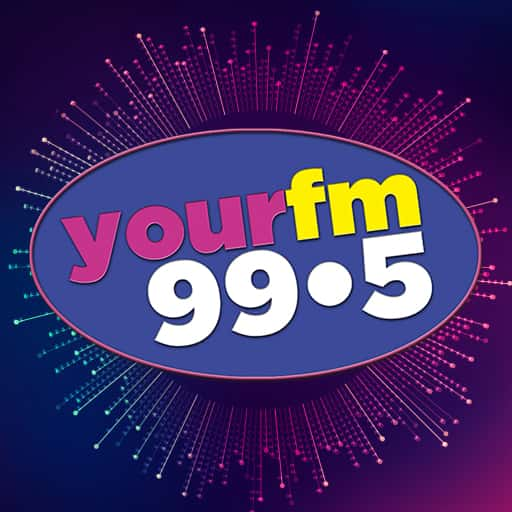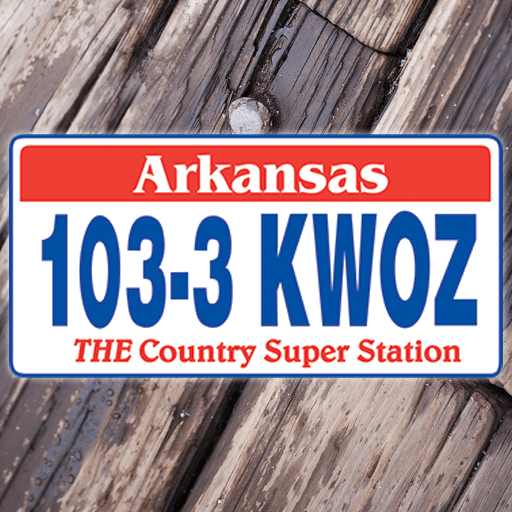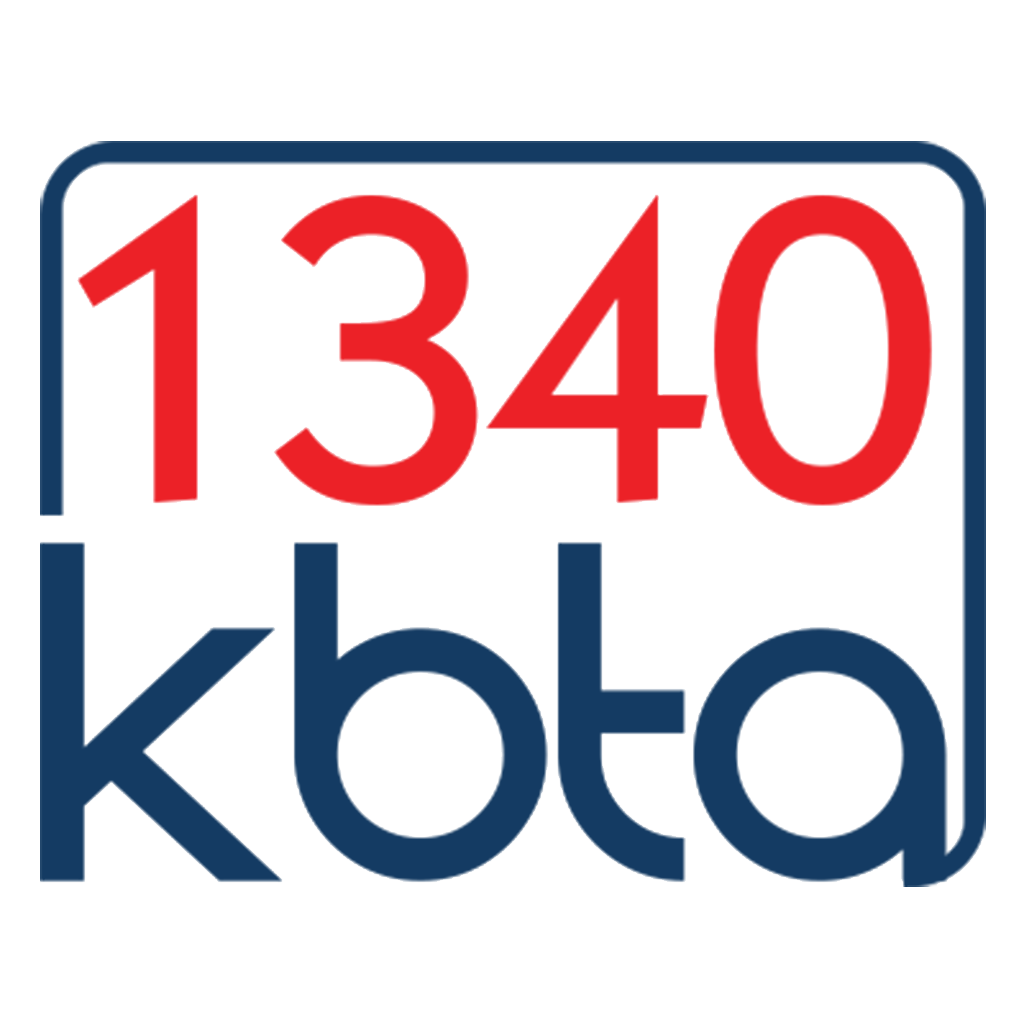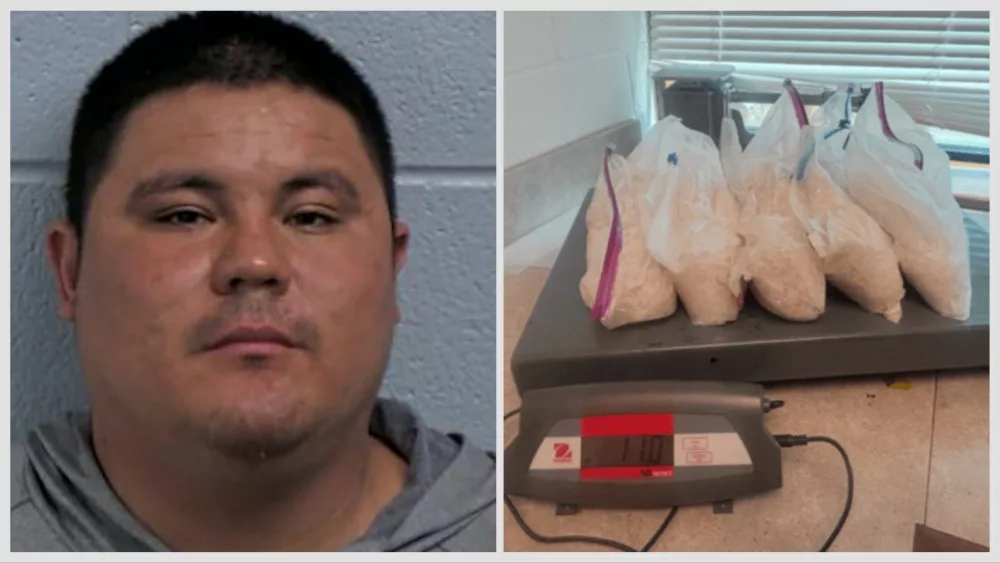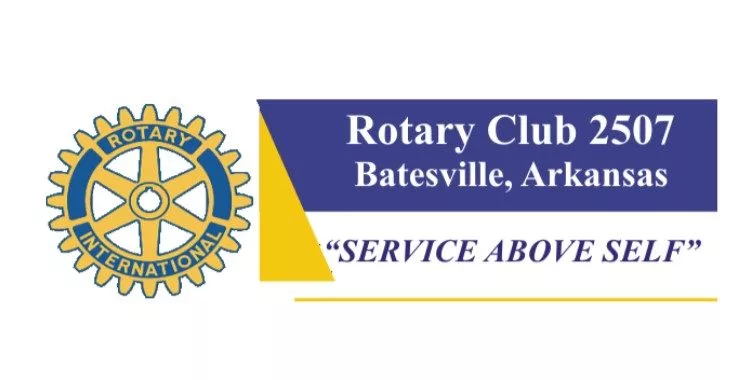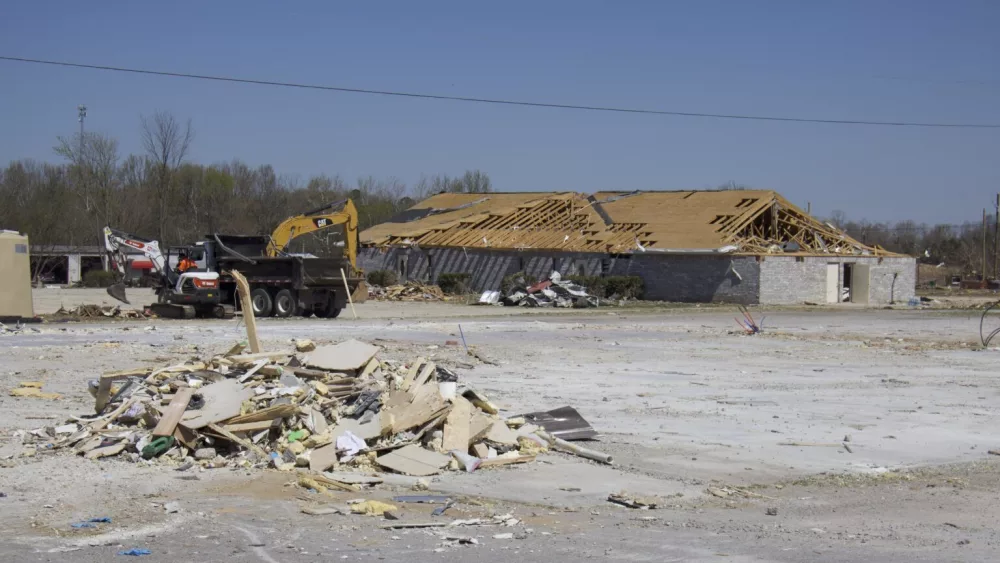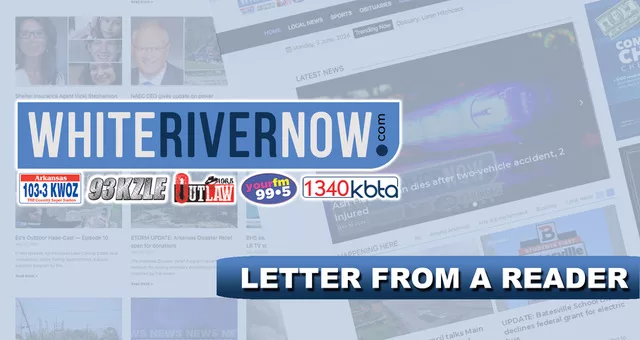
The following is a “Letter from a Reader.”
In today’s fast-paced technological age, it is tempting to rely on innovations that promise greater efficiency in our electoral processes. Yet, when it comes to the sacred act of voting, shortcuts can undermine the very foundation of democracy. Recent proposals—ranging from changes to the petition process to experimental electronic voting systems—threaten to erode the trusted methods we’ve long relied on. Now, more than ever, Arkansans must safeguard the integrity of our elections by insisting on hand-marked, human-verifiable paper ballots and accessible, unburdened petition procedures.
President Trump’s executive order on election security reminds us that a secure, transparent, and verifiable voting process is not just desirable—it is essential. The order calls for election systems that leave a clear, voter-verifiable paper record, a measure that is proven to be the most reliable safeguard against both error and fraud. Despite the allure of rapid digital results, extensive research and real-world experience have shown that internet voting systems remain inherently vulnerable to hacking and manipulation.
Consider the case of the proposed CAC-Vote system—a DARPA-sponsored experiment designed to transmit votes electronically while also mailing a paper ballot for auditing. Although the idea is to speed up preliminary vote counts for overseas military voters, the protocol known as “MERGE” reveals a dangerous gap between theory and practice. Researchers have demonstrated that even with sophisticated cryptography, these systems can be compromised; electronic votes might be tallied before the paper trail is fully verified, potentially allowing a single hacker to alter results undetected. This is not a theoretical risk—it is an engineering reality that no known technology has yet overcome.
This technical vulnerability is mirrored in the realm of touchscreen voting devices, such as the ExpressVote XL. Designed to mimic the layout of century-old lever machines, these devices now incorporate digital printing methods that encode votes into barcodes. While a barcode might seem like a neat, efficient tool, its hidden nature means voters cannot easily verify that the machine-printed record matches their true intent. In fact, studies have shown that most voters spend mere seconds reviewing the printed ballot—if they even do. When technology replaces the simple act of marking a paper ballot by hand, the possibility of undetectable miscounts or even deliberate tampering increases dramatically.
In contrast, hand-marked paper ballots, when processed by optical-scan machines and subjected to rigorous post-election risk-limiting audits, offer a level of transparency and security that digital systems simply cannot match. These methods provide an unbroken chain of custody—from the voter’s pen stroke to the secure storage of the ballot—ensuring that every vote is both cast and counted as intended. They create a verifiable, human-readable record that can be recounted by a team of trained auditors if any discrepancies arise. This is our bulwark against the possibility of a digital “hack” that could alter an entire election from thousands of miles away.
Yet the threat is not limited to the vulnerabilities of digital voting systems. Recent legislative proposals, led by figures such as Sen. Kim Hammer, aim to impose onerous restrictions on the petition process. Such measures include mandating that petition circulators read lengthy excerpts of proposed legislation aloud and confirm additional personal details—requirements that could discourage citizen participation and stifle grassroots movements. The petition process has long been the lifeblood of direct democracy, providing a direct channel for Arkansans to call for change. To burden it with excessive bureaucracy is to risk disenfranchising the very people it is meant to empower.
The situation in Arkansas is emblematic of a national crossroads. On one side lies the promise of modernization—a vision of elections streamlined by technology and efficiency. On the other side is the time-tested method that has underpinned free and fair elections for generations: the hand-marked paper ballot. While modern tools such as electronic voter registration and absentee ballot requests can enhance convenience and accessibility, they must not come
Thank you
Bryan Norris
First Sergeant, USA (RET)
Temperantia, Justitia, Prudentia, Fortitudo

